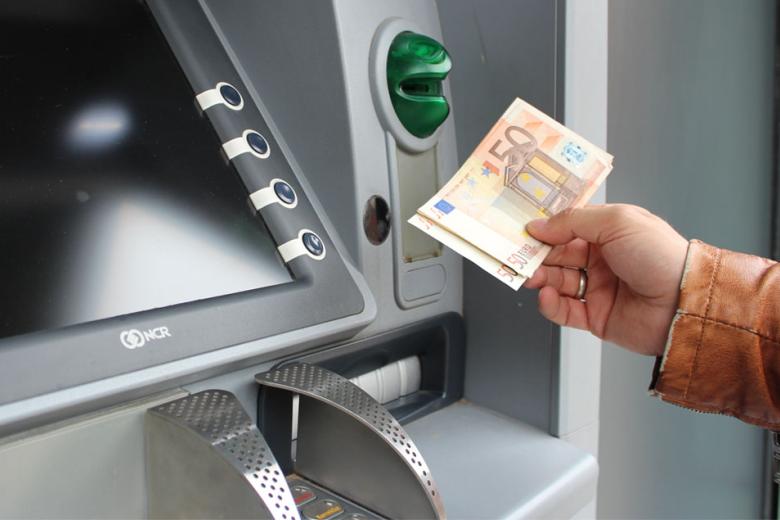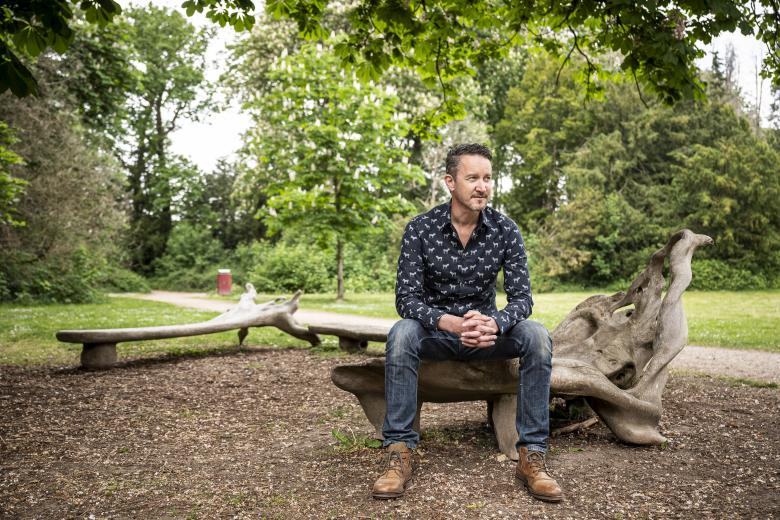Half of the Dutch recommends the introduction of a vaccination certificate as a reward
In order to keep COVID-19 well under control, approximately 70% of the Dutch population would need to be vaccinated. There is sufficient support among the Dutch population for the introduction of a vaccination certificate to actively encourage people to be vaccinated. A vaccination certificate would offer more freedom to people who have been vaccinated, for example to keep up their usual activities during an outbreak or to attend events at which maintaining a distance of 1.5m between people is not possible. This has become apparent from representative research among 1,640 Dutch people. Roselinde Kessels from Maastricht University was one of the researchers. She worked together with academics from TU Delft, Erasmus University Rotterdam, RIVM and Roskilde University.
Vaccination certificate is most achievable
In a choice experiment, respondents assessed nine policy options the government could take to increase vaccination uptake, for example rewarding people who have been vaccinated or imposing restrictions on people who opt not to be vaccinated. ‘51% of the respondents would actually recommend two variants of a ‘vaccination certificate light’ to the government,’ says UM researcher Roselinde Kessels. She did add that ‘the experiment assumed that the introduction of a vaccination certificate would lead to 2,000 fewer deaths and 25,000 fewer people with permanent health damage in the period September 2021 - August 2022’. One vaccination certificate would allow vaccinated people to continue to access certain places (such as shops, catering establishments, nursing homes, gyms and public transport) during an outbreak of coronavirus in their region. People who are not vaccinated will be refused access during an outbreak. The other vaccination certificate would allow vaccinated people to go to places where large groups of people gather and it is not possible to keep a distance of 1.5m (such as concerts, festivals, sports competitions and other large-scale gatherings). In this case, too, people who are not vaccinated will be refused access.
Acceptable form of government intervention
There are various reasons why respondents find a ‘vaccination certificate light’ an attractive option. They perceive the vaccination certificate to be a form of reward for socially good behaviour and they consider reward to be preferable to punishment. Moreover, the vaccination certificate might ensure that economic activity can continue during an outbreak and also respects the individual’s free choice as to being vaccinated or not. Participants therefore consider the vaccination certificate to be an acceptable and proportionate form of government intervention. The disadvantages for those who are not vaccinated are limited and the advantages for society are large if it helps to keep social and economic activities going.
The research also shows that 56% of the respondents consider it reasonable for people who have been vaccinated to enjoy more freedom than people who have not, while 21% of the respondents disagree. Additionally, 50% of the respondents are opposed to mandatory vaccination while 28% are in favour of it. Policy options that impose financial sanctions on people who do not get vaccinated, such as higher health insurance premiums or having them pay for mandatory tests during a regional outbreak, are less popular. However, people who indicate they will definitely take the vaccine and people who consider themselves to be at high risk of ending up in hospital after infection with the coronavirus are in favour of more drastic measures like these. When it comes to policy to stimulate vaccination, the Dutch have a clear preference for reward to punishment, and for facilitating vaccination rather than making it mandatory.
Also read
-
Working less affects pension accrual
If you start working less, it will also affect pension accrual. You will have less to spend after you retire. Employees do not give this enough thought.

-
Fossil subsidies undermine climate policy
Fossil subsidies undermine climate policy, says Patrick Huntjens and other colleagues in an opinion article.

-
Obligation for energy label C for offices seems to have desired effect
Obligation for energy label C for offices seems to have desired effect
